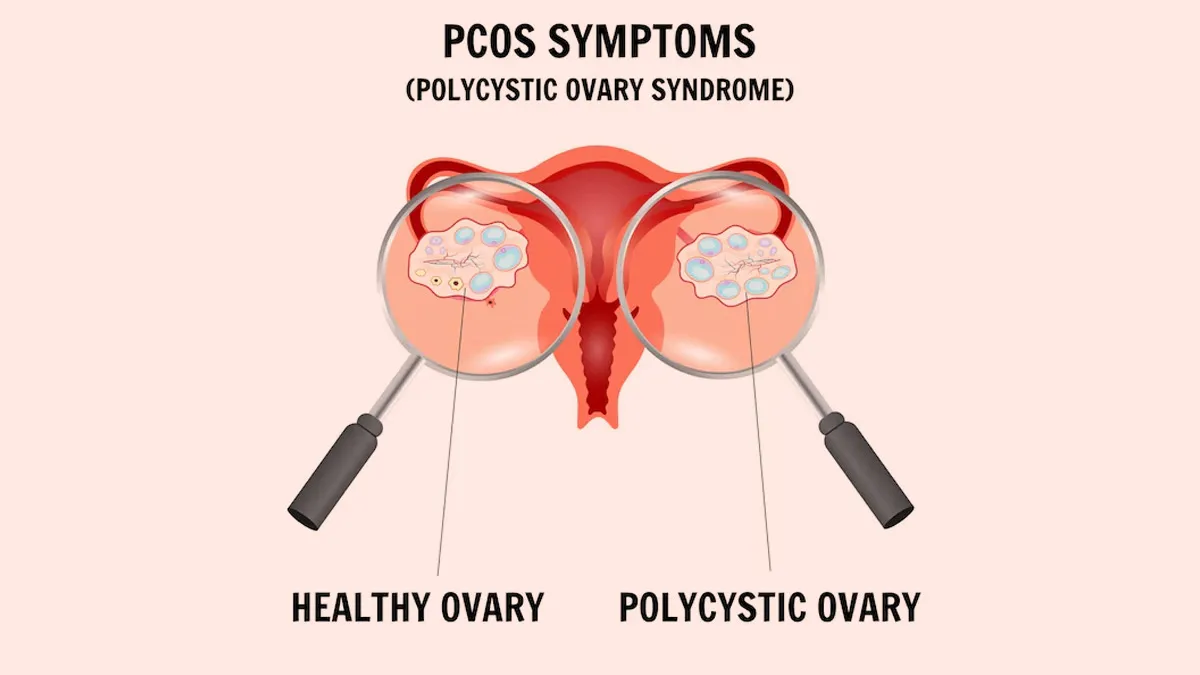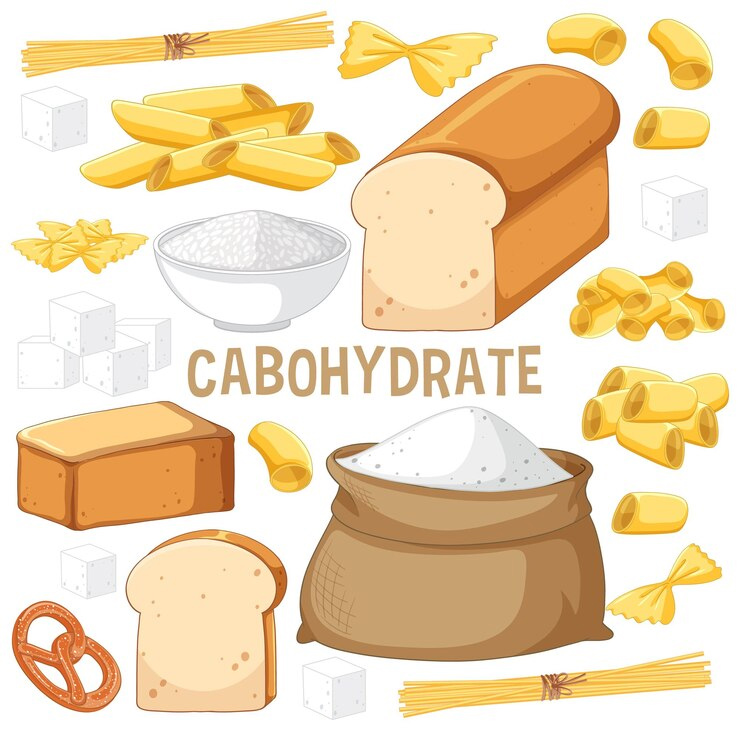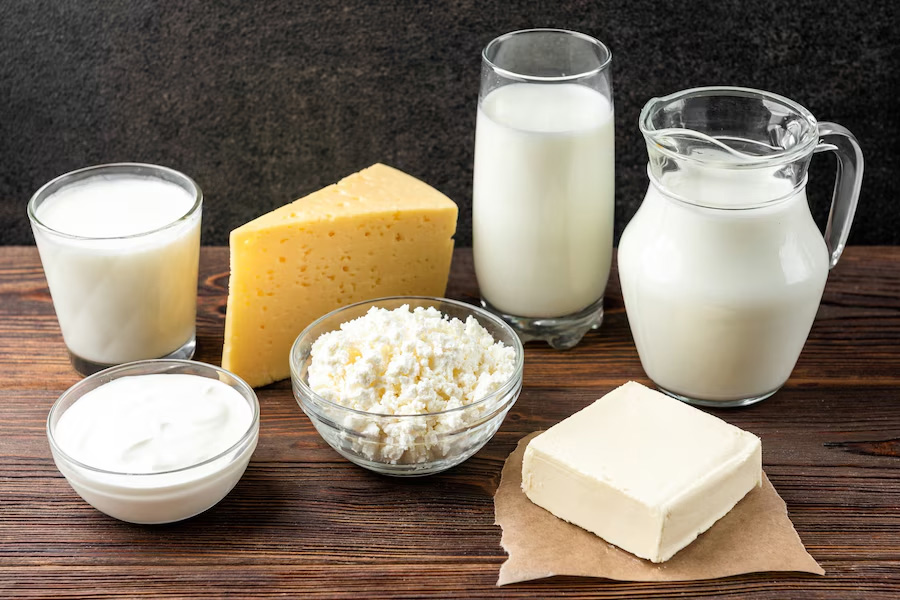
Polycystic Ovary Syndrome (PCOS) is one of the most prevalent endocrine disorders, causing health issues, such as irregular periods, weight gain, hair growth, and acne. It becomes important to take necessary measures to manage this health condition, the most prominent being dietary changes. However, there are various myths surrounding it, which may cause disruptions in management. We spoke to Vidhi Chawla, Founder, Fisico Diet and Aesthetic Clinic, Gurugram, who listed dietary myths related to PCOS and stated its facts.
Table of Content:-
Myths And Facts About PCOS Diet
Myth 1: Carbs Are the Enemy

“One of the most common myths is that women with PCOS need to eliminate carbohydrates from their diet. Although processed carbs and sugars can cause insulin resistance, which is common in PCOS, however, complex carbohydrates supply energy and nourish the body overall”, said Chawla. On the other hand, fibre is abundant in whole grains, vegetables, and fruits, and it helps slow down carbohydrate digestion. This, in turn, assists in regulating blood sugar levels and promoting gut health.
Instead of cutting out carbohydrates entirely, it is advisable to consume high-fibre and low-glycemic food to maintain stable energy levels. Consuming too few carbohydrates can disrupt the Hypothalamic-Pituitary-Adrenal (HPA) axis, leading to hormonal imbalances. Therefore, it is crucial to choose the right types of carbohydrates.
Myth 2: Dairy Should Be Avoided

Some people believe that consuming dairy products can worsen PCOS symptoms. This might be because dairy can affect insulin and hormone levels. However, there's no clear scientific proof to support this idea. The International Evidence-Based Guidelines haven't recommended women with PCOS avoid dairy or follow a dairy-free diet.
"For example, Greek yoghurt and low-fat cheese are a good source of protein and calcium, which can be beneficial. The problem is often the intake level and how individuals can tolerate these products," added Chawla.
Also Read: How is chronic inflammation associated with PCOS? Doctor explains
Myth 3: Fats Are Bad for PCOS
If you think all fats are bad for your health, think again. Avocados, nuts, seeds, and fatty fish contain healthy fats and omega-3 fatty acids, which can be beneficial. These fats help reduce inflammation and improve insulin sensitivity. Along with this, they also help you feel full, helping to control cravings and support weight loss.
Myth 4: Gluten-Free Equals PCOS-Friendly

Some people think that a gluten-free diet can be useful in PCOS management. "Unless a woman has a diagnosed gluten intolerance, there is no strong evidence suggesting that a gluten-free diet is inherently beneficial for PCOS. Instead, focus on the quality of carbohydrates and fibre intake, which play a more significant role in managing symptoms," added Chawla.
Also Read: PCOS, Obesity, And Infertility: Expert Explains Their Connection And What You Should Know
Myth 5: Focusing Solely On Weight Management
Maintaining a healthy weight is crucial for PCOS management, however, the focus should be on overall health rather than just weight management alone. "Even a 5-10% reduction in body weight can improve symptoms like irregular cycles and insulin resistance, but adopting a balanced, nutrient-dense diet is beneficial regardless of weight changes," advised Chawla.
What Should Women With PCOS Eat?
Maintaining a balanced diet can help improve PCOS symptoms and overall health. Chawla lists measures to follow a balanced PCOS diet:

- High-fibre nutrients: Leafy veggies, fruits, and whole grains help stabilise blood sugar.
- Lean proteins: Chicken, fish, eggs, and plant-based proteins for supporting muscle and satiety.
- Healthy fats: Nuts, seeds, avocados, and olive oil for reducing inflammation.
- Anti-inflammatory nutrients: Berries, leafy greens, turmeric, and green tea to combat systemic inflammation.
- Low-glycemic nutrients: Minimising blood sugar spikes by choosing foods with a low glycemic index.
Bottom Line
Chawla concluded, "Dietary changes can influence PCOS management, but it is important to be guided by science and expert advice. Instead of following restrictive or fad diets, women with PCOS should rather focus on a sustainable, balanced approach that nourishes their bodies, stabilises hormones, and promotes long-term health."
[Disclaimer: This article contains information provided by an expert and is for informational purposes only. Hence, we advise you to consult your professional if you are dealing with any health issue to avoid complications.]
Also watch this video
Read Next
What Is Hyperlactation Syndrome? Expert Shares Potential Causes Of Excessive Breast Milk Production
How we keep this article up to date:
We work with experts and keep a close eye on the latest in health and wellness. Whenever there is a new research or helpful information, we update our articles with accurate and useful advice.
Current Version